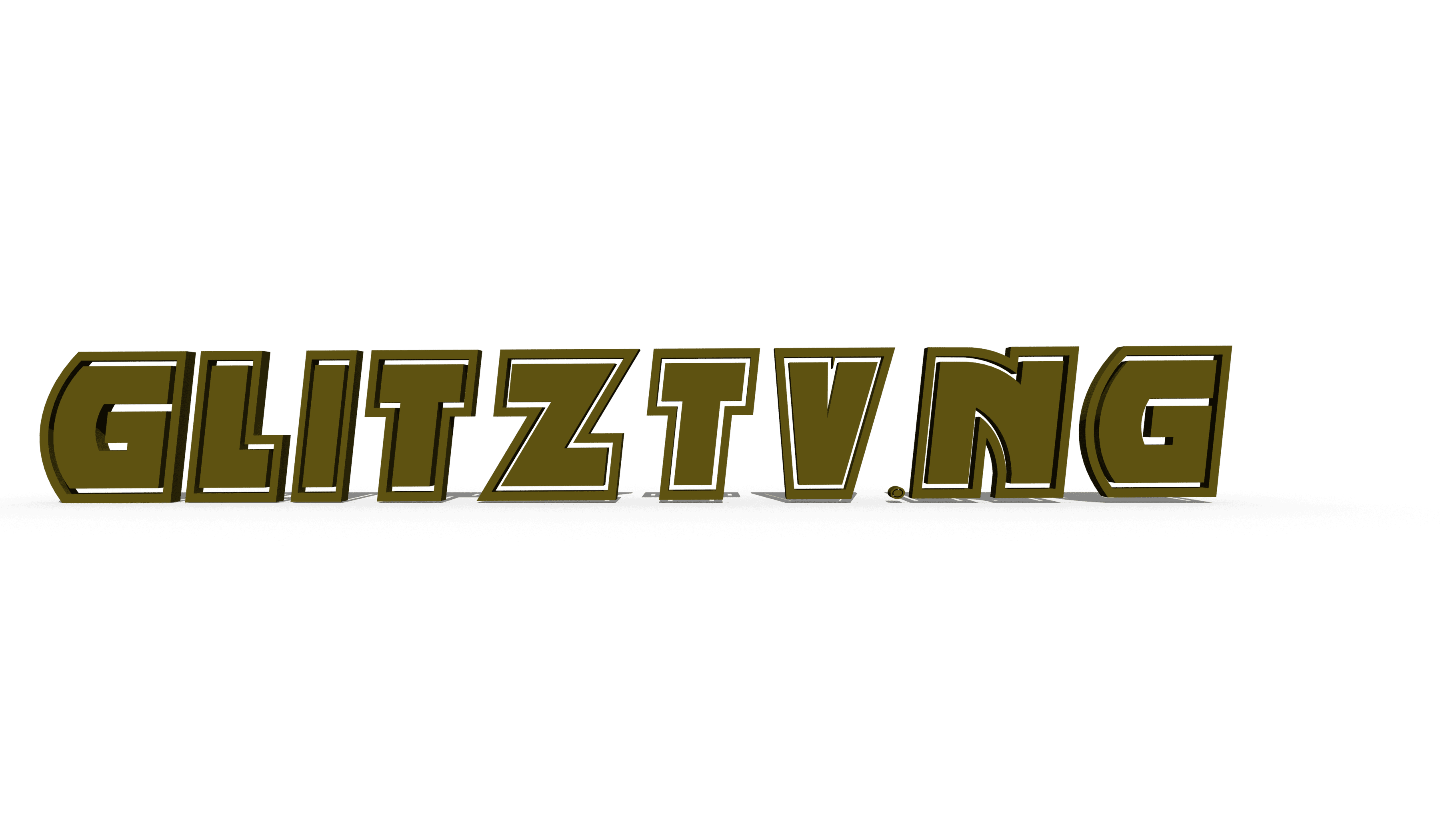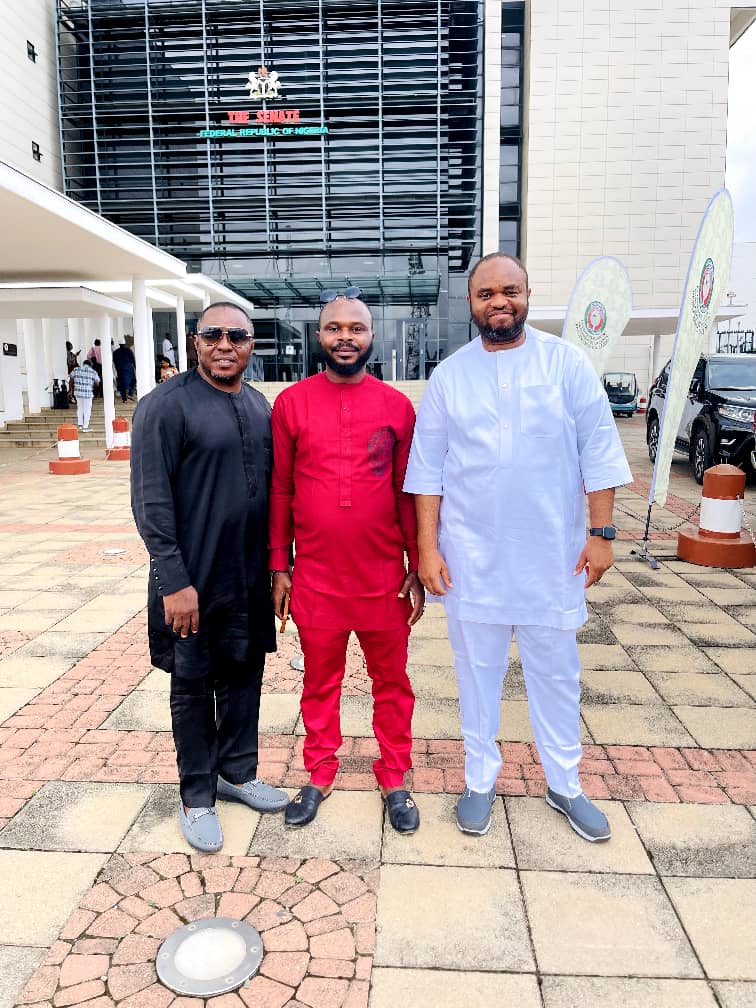Cross River State, Nigeria – In a nation renowned for its rich cultural diversity and vast natural resources, Nigeria stands at a crossroads where dialogue has become pivotal to its national peace and stability. As Africa’s most populous country, Nigeria is characterized by an intricate mosaic of ethnic groups, religions, and political ideologies. This diversity, while a source of strength, also presents challenges that can lead to conflict. In this context, dialogue emerges as an indispensable tool for fostering unity and advancing national peace.
**Addressing Ethnic and Religious Tensions**
Nigeria’s ethnic and religious diversity can sometimes lead to tensions and misunderstandings. Historically, conflicts such as the Biafran War and periodic clashes between various ethnic and religious groups underscore the need for ongoing dialogue. Engaging in open and honest discussions helps bridge gaps between different communities, fostering mutual understanding and tolerance. By creating platforms where grievances can be addressed constructively, dialogue mitigates the risk of conflicts escalating into violence.
**Enhancing Political Stability**
The Nigerian political landscape is often marked by contentious elections and regional rivalries. Political dialogue facilitates cooperation among different political parties and leaders, promoting a more inclusive and transparent political process. Effective dialogue can lead to more equitable policy-making and ensure that diverse voices are heard in governance. This inclusiveness strengthens democratic institutions and contributes to political stability.
**Promoting Economic Development**
Economic disparities and regional inequalities can fuel discontent and unrest. Dialogue between government officials, business leaders, and community representatives is crucial for identifying and addressing these disparities. Collaborative discussions can lead to more effective economic policies and development strategies that benefit all regions, reducing economic grievances and fostering a sense of shared prosperity.
**Addressing Security Challenges**
Nigeria faces significant security challenges, including insurgency and terrorism, notably from groups like Boko Haram. Dialogue with local communities is essential for understanding and addressing the root causes of these security threats. Engaging in dialogue with affected populations can help build trust and cooperation, which are vital for effective counterterrorism and peacebuilding efforts.
**Building Social Cohesion**
Social cohesion is strengthened through dialogue that promotes understanding and respect among Nigeria’s diverse communities. Initiatives that encourage interfaith and intercultural dialogue play a crucial role in fostering a sense of national identity and unity. By emphasizing common values and shared goals, dialogue helps to build bridges between different groups, reducing social fragmentation.
**Creating a Culture of Peace**
Sustaining national peace requires a cultural shift towards dialogue and reconciliation. Educational programs and media campaigns that promote the values of dialogue and non-violence can help instill these principles in the younger generation. Encouraging a culture of dialogue at all levels of society contributes to long-term peacebuilding and conflict prevention.
As Nigeria continues to navigate its complex socio-political landscape, embracing and institutionalizing dialogue will be key to ensuring a stable, harmonious, and prosperous future for all its citizens.





